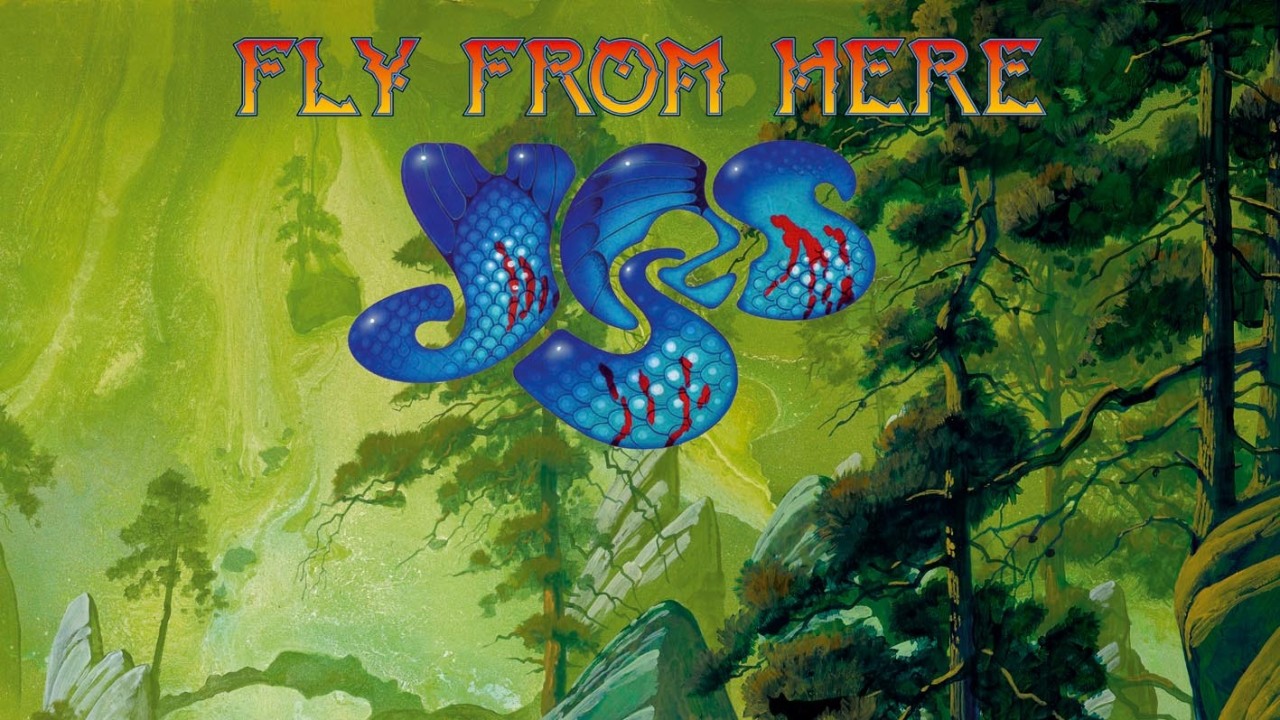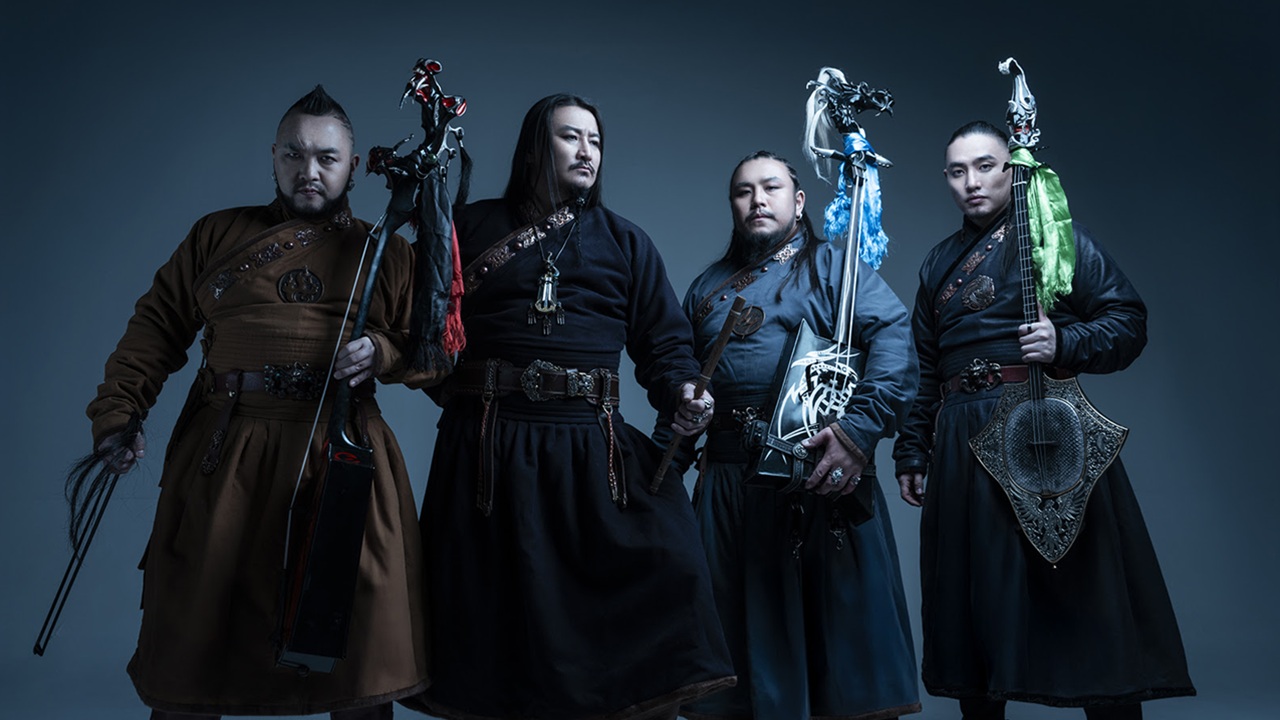You can trust Louder
The titans of prog return with their first studio album in a decade. Despite cast-changes that lend reasonable cause for doubt, it is for the most part a triumph.
It shouldn’t work: boil it down and what we have here is a bunch of old Buggles demos, produced by Trevor Horn and sung by a guy who used to be in a Yes tribute band. And then prettily adorned by three bona fide white-haired old-school Yes members (Howe, Squire and White) and a Roger Dean cover.
Yet it does work because Horn and keyboardist Geoff Downes, as first proven 30 years ago on the likes of Drama, can update and rein in that spiralling Yes sound without forsaking its unique, inspirational, florid abandon. Fly From Here isn’t as transcendent as the best Yes, but it’s as fine as anything the brand name has delivered since the line-up began playing musical chairs.
So, with singer Benoît David’s vocal debut an impressive rather than functional Jon Anderson facsimile, and Downes brought in somewhat ruthlessly by his old ally to replace Wakeman Junior (flying in the face of the loyalty felt to Wakeman by the rest of the band, it has been suggested), this version of Yes honours the heritage while sticking to the maps drawn by the early 80s model.
There are few flights of bombast, yet, when they’re in full flow, Squire’s bass burbling, they refract old glories through shiny new prisms. The opening six-part, 25-minute, titular centrepiece offers all the elevation any Yes fan could crave. Although its backstory is rickety – a demo called We Can Fly From Here was left off Drama (but appeared in live form on 2005’s The Word Is Live and also on the 2010 reissue of Buggles’s Adventures In Modern Recording) – this new, expanded swoop at Fly From Here rings and resonates. The sections soar through suspense, foreshadowing, melodrama and catharsis. Shrewdly, you’re allowed to adapt to David’s voice before everyone lets rip.
Sad Night At The Airfield climaxes with Howe’s best high-end flurries since Going For The One. Elsewhere he emulates the lamentful plangency of 1974’s The Gates Of Delirium – and man, he’s on fire. Bumpy Ride impishly resurrects 70s prog time signatures, while Reprise bursts in with the confidence of Genesis’s Lilywhite Lilith.
Not all the tracks match this epic (there’s some white-bread AOR in here too), but Life On A Film Set (also based on a Buggles demo) perfectly blends Horn’s slickness and the veterans’ artistry, while Solitaire is a pastoral Howe solo. Overall, this is a euphoric affirmation of Yes.
Sign up below to get the latest from Classic Rock, plus exclusive special offers, direct to your inbox!
Chris Roberts has written about music, films, and art for innumerable outlets. His new book The Velvet Underground is out April 4. He has also published books on Lou Reed, Elton John, the Gothic arts, Talk Talk, Kate Moss, Scarlett Johansson, Abba, Tom Jones and others. Among his interviewees over the years have been David Bowie, Iggy Pop, Patti Smith, Debbie Harry, Bryan Ferry, Al Green, Tom Waits & Lou Reed. Born in North Wales, he lives in London.


